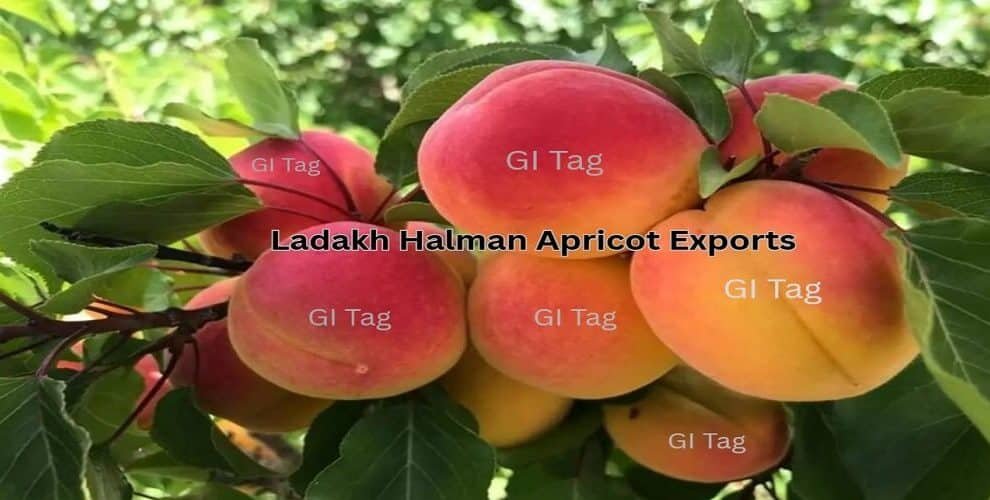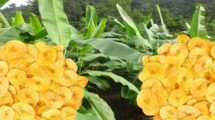Ladakh is celebrating a new milestone as a major shipment of its premium apricots has been exported to Gulf countries. For the first time ever, a 1.5-metric-ton consignment of Halman apricots was sent to Saudi Arabia, Kuwait, and Qatar.
The shipment was officially flagged off from Leh on August 5 by P.T. Rudra Goud, Secretary of Industries and Commerce. Goud noted that apricot exports from Ladakh are increasing this year, with the Agricultural and Processed Food Products Export Development Authority (APEDA) playing a key role in facilitating the process. The Lulu Group, a multinational conglomerate, is backing the purchase through its associated companies.
Ladakh’s journey into the international apricot market began in 2021 with an initial 20-ton shipment to Dubai. So far this year, the region has exported a total of 50 tons of apricots, with the latest 1.5-ton shipment marking a significant entry into the Gulf market.
Tsewang Phunchok, Director of Ladakh’s Horticulture Department, highlighted that the exported Halman variety is grown organically, without the use of synthetic fertilizers or pesticides. Also Read | Jammu & Kashmir farmers market linkages to be strengthen-PHDCCI
Apricots: A Key Livelihood for Ladakh’s Farmers
Apricots are a vital source of income for more than 30,000 families in Ladakh. The region’s orchards span over 2,600 hectares, producing an impressive 15,868 tons of fruit annually. With an output of roughly 1,999 tons, Ladakh is the country’s leading producer of dried apricots.
Apricots are traditionally classified based on their kernel taste and stone color. Varieties with bitter kernels are known as khante, while those with sweet kernels are called nyarmo. The harvest season typically runs from mid-July to the end of August, a time when farmers are busy picking and packing the fruit for markets across India.
The industry received a major boost in 2021 when the high-quality Raktsey Karpoo variety was granted a Geographical Indication (GI) tag. This designation protects the name from misuse and officially recognizes the fruit’s unique connection to the Ladakh region.


















Add Comment